Home>Construction & Tools>Building Materials>What Is A Brick Mason
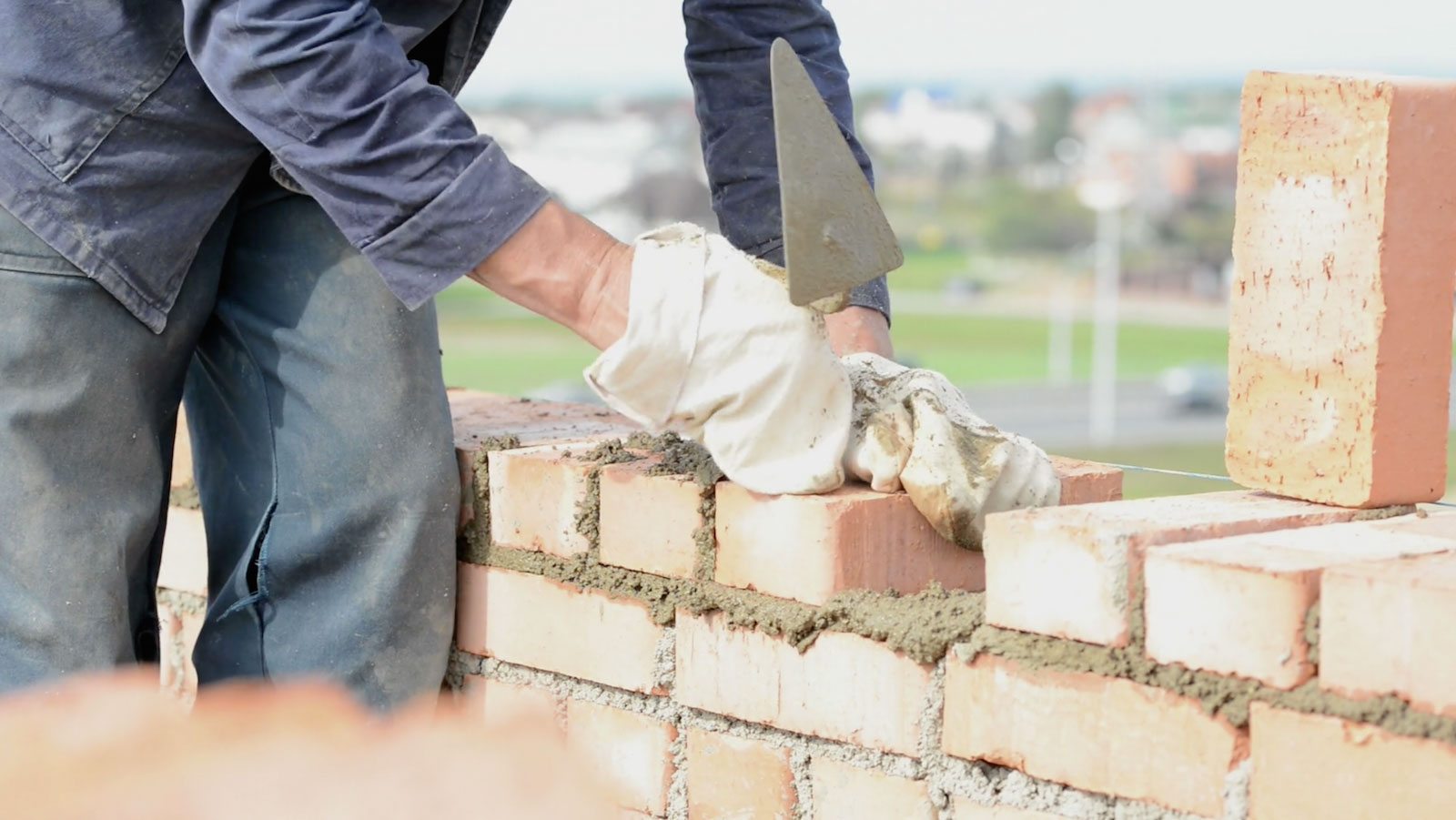

Building Materials
What Is A Brick Mason
Modified: October 19, 2024
Discover the essential role of a brick mason in constructing buildings and structures using various building materials. Learn about the skills and expertise required for this specialized trade.
(Many of the links in this article redirect to a specific reviewed product. Your purchase of these products through affiliate links helps to generate commission for Storables.com, at no extra cost. Learn more)
Introduction
Read more: What Do Masons Do In Construction
What Is a Brick Mason?
Are you fascinated by the sight of intricately laid brick walls on historical buildings or modern architectural marvels? Have you ever wondered about the skilled artisans behind these structures? Enter the world of brick masonry, a timeless craft that combines precision, artistry, and practicality. Brick masons, also known as bricklayers, are the master craftsmen responsible for creating enduring, aesthetically pleasing, and structurally sound brickwork.
The role of a brick mason is steeped in tradition yet adaptable to contemporary construction needs. These skilled professionals play a pivotal role in shaping the built environment, from residential homes and commercial buildings to intricate landscaping features. Their expertise lies in using bricks, concrete blocks, and other types of masonry to construct, repair, and maintain various structures.
In this article, we will delve into the world of brick masonry, exploring the responsibilities, skills, training, and tools that define this timeless craft. Whether you are considering a career as a brick mason, seeking masonry services for a construction project, or simply intrigued by the art of bricklaying, this comprehensive guide will illuminate the essential aspects of this esteemed profession. Let's embark on a journey to unravel the art and science of brick masonry, where tradition meets innovation and craftsmanship stands the test of time.
Key Takeaways:
- Brick masons are skilled artisans who meticulously plan, lay, and shape bricks to create enduring structures. Their blend of technical expertise and creativity shapes the built environment we live in.
- Aspiring brick masons need manual dexterity, physical strength, and attention to detail. With formal training and hands-on experience, they contribute to the timeless art of brick masonry.
What Does a Brick Mason Do?
Brick masons are skilled artisans who specialize in creating structures using bricks, concrete blocks, and other types of masonry materials. Their work encompasses a diverse range of responsibilities, each essential to the construction and maintenance of various architectural elements. Here are the primary tasks and duties of a brick mason:
- Layout Planning: Before the actual construction begins, brick masons meticulously plan the layout of the structure. This involves interpreting blueprints, marking guidelines, and calculating the precise number of bricks or blocks required for the project.
- Bricklaying: The core of a brick mason’s expertise lies in laying bricks or blocks with precision and skill. They use mortar to bind the bricks together, ensuring uniformity in spacing and alignment to create sturdy walls, arches, and other structures.
- Cutting and Shaping: In cases where custom-shaped bricks or blocks are needed, brick masons skillfully cut and shape the materials to fit specific design requirements, using tools such as chisels, saws, and hammers.
- Repair and Restoration: Brick masons are adept at repairing and restoring existing masonry structures. This may involve replacing damaged bricks, repointing mortar joints, and preserving the integrity of historical buildings.
- Applying Finishes: Beyond the structural aspects, brick masons also apply finishes to masonry surfaces, such as decorative patterns, textures, and coatings, to enhance the aesthetic appeal of the final structure.
- Collaboration: Brick masons often collaborate with other construction professionals, including architects, engineers, and fellow tradespeople, to ensure seamless integration of masonry elements within larger building projects.
These tasks demand a blend of technical expertise, creativity, and physical dexterity. Brick masons work in diverse settings, from construction sites and residential areas to industrial facilities, where their craftsmanship contributes to the fabric of the built environment.
Skills and Qualifications
Becoming a proficient brick mason requires a unique set of skills, knowledge, and qualifications. These professionals must possess a combination of technical expertise, physical abilities, and a keen eye for detail. Here are the essential skills and qualifications for aspiring brick masons:
- Manual Dexterity: Brick masons need excellent hand-eye coordination and manual dexterity to handle bricks, blocks, and masonry tools with precision.
- Physical Strength: The nature of masonry work demands physical strength and endurance to lift heavy materials, bend, stoop, and stand for extended periods.
- Mathematical Aptitude: A solid understanding of basic mathematics is crucial for interpreting measurements, calculating material quantities, and ensuring accurate layouts.
- Attention to Detail: The ability to focus on minute details is essential for achieving precise alignment, consistent mortar application, and overall quality in bricklaying.
- Problem-Solving Skills: Brick masons must be adept at solving construction challenges and adapting to evolving project requirements with practical solutions.
- Understanding of Building Codes: Knowledge of local building codes and regulations is vital to ensure compliance and safety in masonry construction.
- Communication and Collaboration: Effective communication and teamwork skills are valuable for coordinating with other construction professionals and understanding project specifications.
Aspiring brick masons typically pursue formal training through apprenticeships, vocational programs, or technical schools to develop these skills and gain hands-on experience. Many employers also seek candidates with a high school diploma or equivalent, and some may prefer individuals with certifications in masonry or related fields.
Ultimately, the path to becoming a skilled brick mason involves a commitment to honing one’s craft, continuously learning about advancements in masonry techniques and materials, and upholding the highest standards of craftsmanship in the construction industry.
Tools and Materials Used
Brick masons rely on a diverse array of tools and materials to execute their craft with precision and efficiency. From traditional hand tools to modern equipment, each item serves a specific purpose in the art of bricklaying. Here are some of the essential tools and materials used by brick masons:
Read more: What Is A Brick
Tools:
- Trowel: A brick mason's trowel is a handheld tool with a flat, pointed blade used for applying and shaping mortar during bricklaying.
- Brick Hammer: This specialized hammer features a chisel-end for splitting bricks and a blunt end for striking and shaping them.
- Jointer: Also known as a pointing tool, the jointer is used to create uniform and finished mortar joints between bricks.
- Level: Brick masons use levels to ensure the horizontal and vertical alignment of bricks, maintaining the structural integrity of the masonry work.
- Masonry Saw: This power tool is employed for cutting bricks and blocks to specific dimensions, especially for intricate designs and custom fittings.
- Mixing Tools: Equipment such as mortar mixers and mixing paddles facilitate the preparation of mortar, ensuring the right consistency for bricklaying.
Materials:
- Bricks and Blocks: The fundamental building materials in masonry construction, available in various sizes, textures, and compositions.
- Mortar: A mixture of cement, sand, and water used to bond bricks and blocks together, available in different types for specific applications.
- Reinforcement Materials: For structural integrity, brick masons may use metal reinforcement bars, ties, or anchors within masonry assemblies.
- Flashings and Sealants: These materials are essential for weatherproofing and preventing moisture infiltration in masonry structures.
- Protective Gear: Brick masons utilize personal protective equipment, including gloves, safety glasses, and dust masks, to ensure workplace safety.
These tools and materials are the cornerstone of a brick mason’s toolkit, enabling them to transform architectural designs into enduring masonry structures that stand the test of time.
Training and Education
While some individuals may begin their journey in brick masonry through informal apprenticeships or on-the-job training, formal education and specialized programs play a vital role in shaping the skills and knowledge of aspiring brick masons. Here are the primary avenues for training and education in the field of brick masonry:
Apprenticeships:
Many brick masons start their careers as apprentices, learning the trade under the guidance of experienced professionals. Apprenticeships provide hands-on training, allowing individuals to acquire essential skills in bricklaying, mortar application, and construction techniques while earning a wage.
Read more: Mason Jar Craft: 10 Mason Jar Ideas
Vocational and Technical Schools:
Several vocational schools and technical institutes offer masonry programs that provide comprehensive training in bricklaying, block laying, and related masonry skills. These programs often combine classroom instruction with practical, real-world experience to prepare students for entry-level positions in the masonry industry.
Certification Programs:
Some brick masons choose to pursue certification programs offered by industry organizations or trade associations. These programs validate the skills and expertise of masons, covering areas such as safety practices, building codes, and advanced masonry techniques.
Continuing Education:
As the field of masonry evolves with new technologies and materials, ongoing education is essential for brick masons to stay abreast of industry developments. Workshops, seminars, and specialized courses provide opportunities for masons to enhance their skills and expand their knowledge base.
Regardless of the educational path chosen, aspiring brick masons benefit from a blend of theoretical learning and practical experience. This combination equips them with the foundational skills, technical proficiency, and understanding of construction principles necessary to excel in the dynamic world of brick masonry.
Job Outlook and Salary
The job outlook for brick masons is influenced by factors such as construction trends, infrastructure development, and the demand for restoration and renovation projects. As the construction industry continues to evolve, the need for skilled brick masons remains significant, contributing to a positive job outlook in the field.
According to the U.S. Bureau of Labor Statistics, the employment of masonry workers, including brick masons, is projected to grow at a steady pace, driven by new construction and the maintenance of existing structures. The versatility of masonry skills also positions brick masons to contribute to diverse projects, from residential and commercial buildings to public works and landscaping features.
In terms of compensation, the median annual wage for brick masons and block masons is competitive, reflecting the value of their specialized craftsmanship. Factors such as experience, geographic location, and the complexity of projects can influence the earning potential of brick masons. Additionally, those with advanced skills, certifications, and the ability to work with diverse masonry materials may command higher salaries.
It’s important to note that the demand for skilled brick masons extends beyond traditional construction, encompassing opportunities in heritage restoration, conservation projects, and sustainable building initiatives. As the construction industry embraces environmentally conscious practices and innovative design approaches, brick masons with expertise in energy-efficient masonry solutions and historic preservation may find themselves in high demand.
Overall, the job outlook for brick masons is promising, offering opportunities for career growth, specialization in niche areas of masonry, and the satisfaction of contributing to the enduring legacy of architectural craftsmanship.
Read more: What To Do With Mason Jars In Home Decor
Conclusion
Brick masonry is an art form that intertwines tradition, craftsmanship, and practicality, shaping the physical landscape and preserving architectural heritage. The role of a brick mason transcends mere construction; it embodies a timeless dedication to precision, creativity, and the enduring legacy of masonry craftsmanship.
As we’ve explored the world of brick masonry, we’ve uncovered the multifaceted skills, tools, and training that define this esteemed profession. From the meticulous layout planning to the artistry of bricklaying and the utilization of specialized tools, brick masons exemplify the fusion of technical expertise and artistic vision.
Moreover, the demand for skilled brick masons persists in the dynamic realm of construction, offering a promising job outlook and competitive compensation. Whether contributing to new architectural endeavors, restoring historical landmarks, or integrating sustainable masonry solutions, brick masons play a pivotal role in shaping the built environment for generations to come.
For those considering a career in brick masonry, the path to mastery involves a commitment to continuous learning, hands-on experience, and a passion for precision in craftsmanship. The journey of a brick mason is one of perpetual evolution, where each brick laid represents a testament to skill, dedication, and the enduring legacy of masonry artistry.
As we conclude this exploration of brick masonry, let us celebrate the artistry and ingenuity of brick masons, whose contributions enrich the architectural tapestry of our world, one brick at a time.
Frequently Asked Questions about What Is A Brick Mason
Was this page helpful?
At Storables.com, we guarantee accurate and reliable information. Our content, validated by Expert Board Contributors, is crafted following stringent Editorial Policies. We're committed to providing you with well-researched, expert-backed insights for all your informational needs.
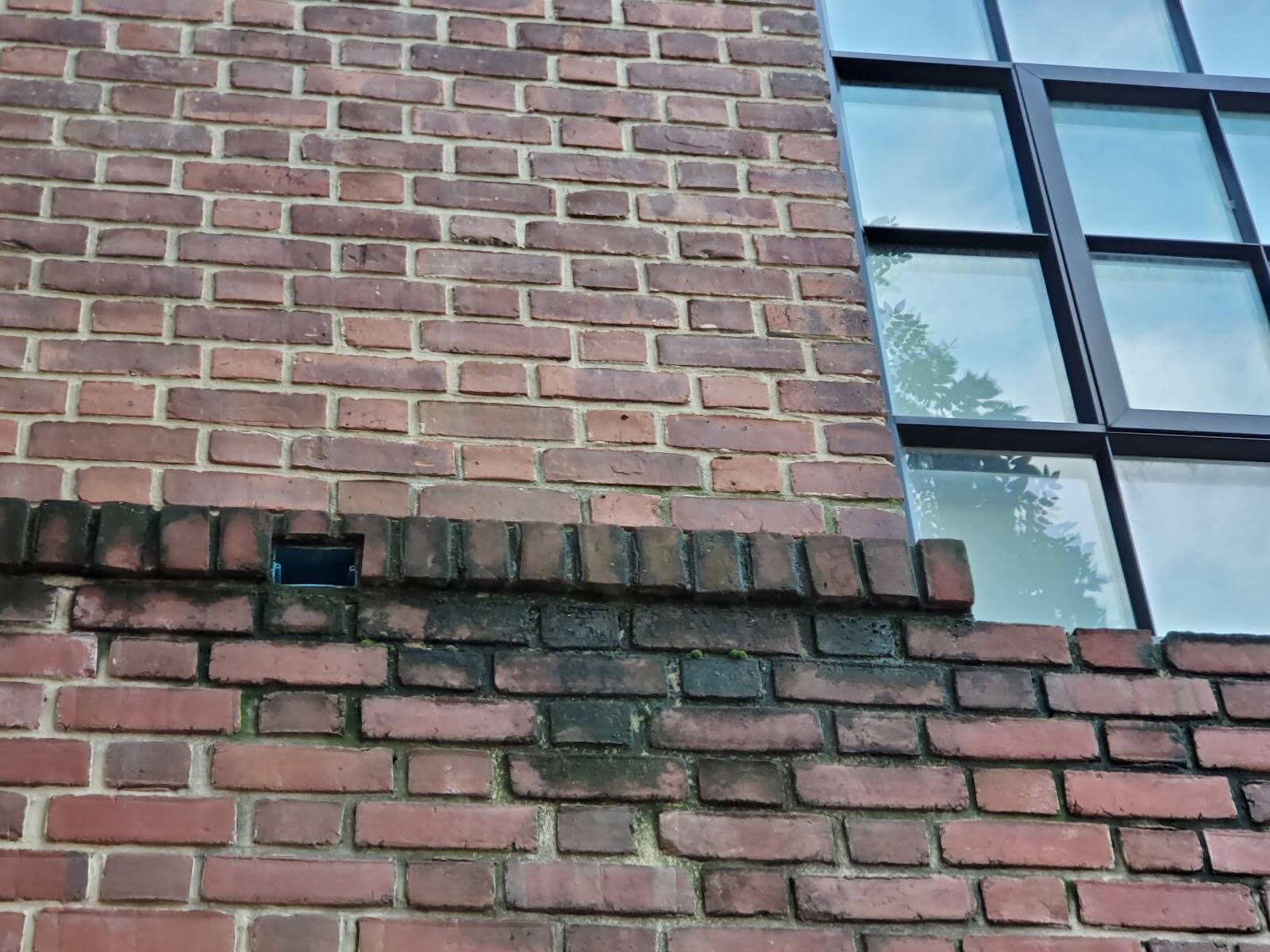
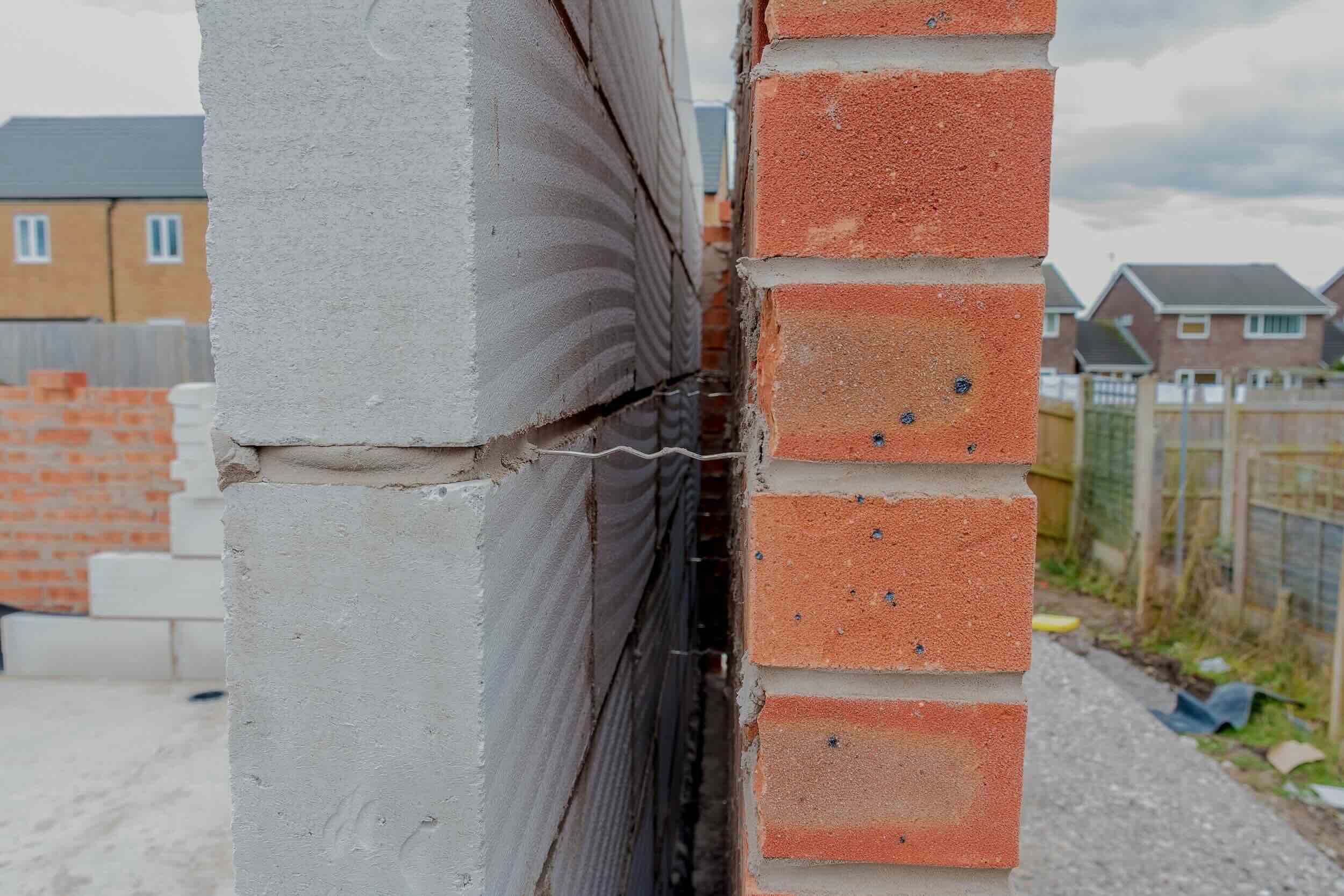
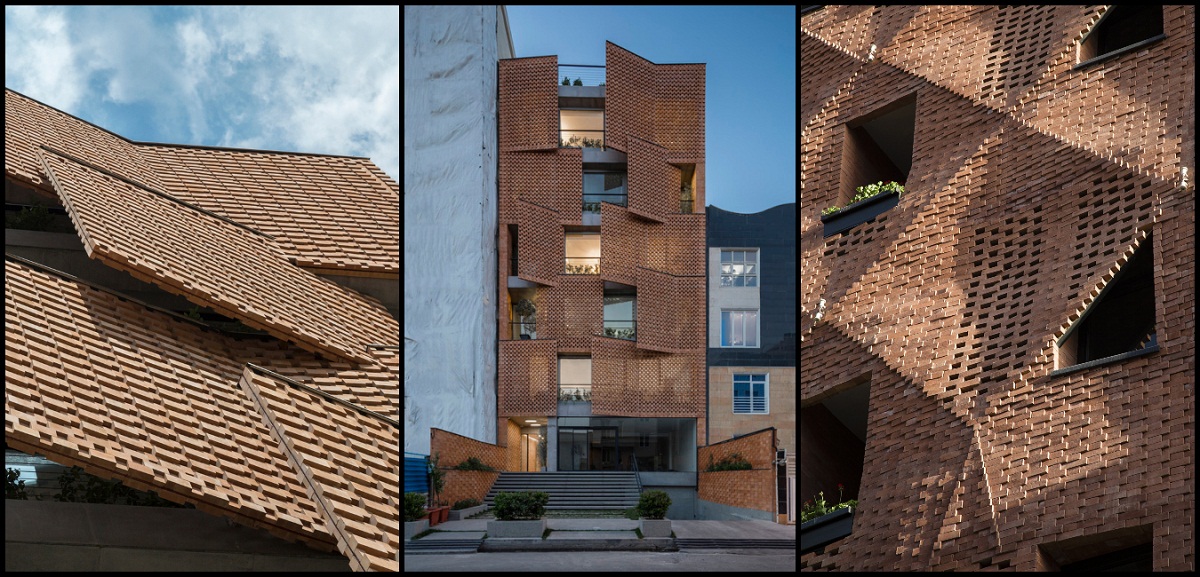
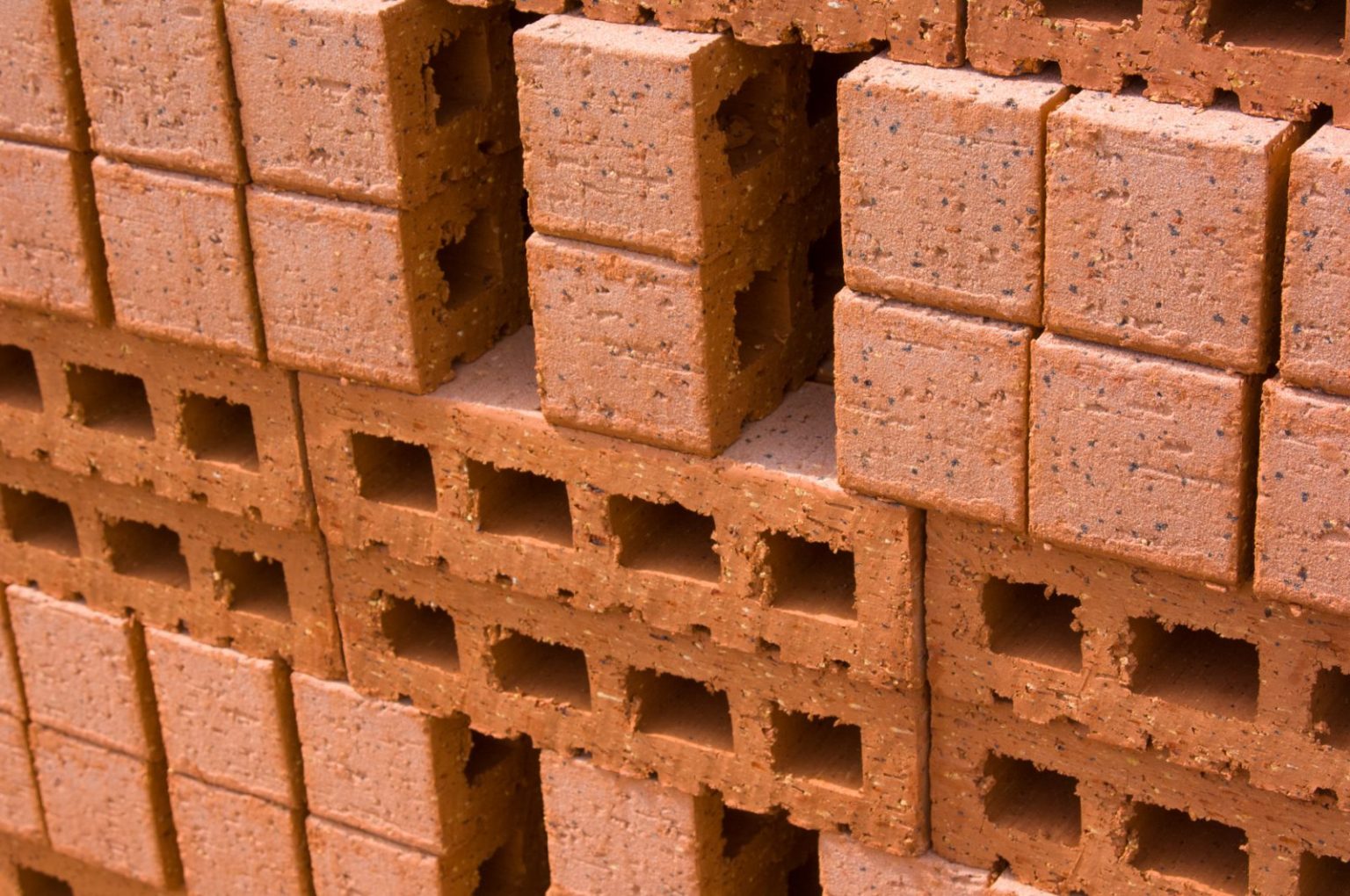
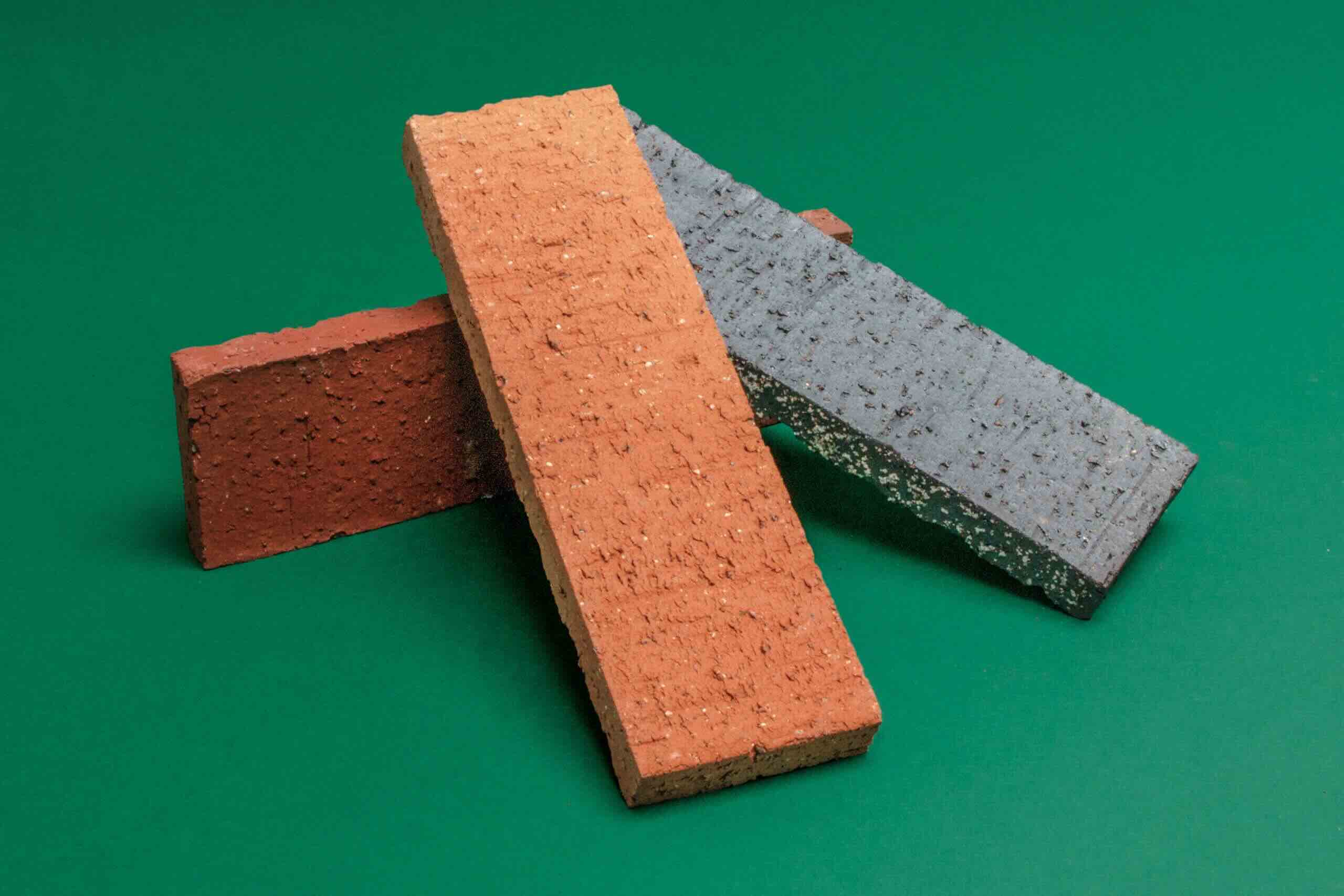
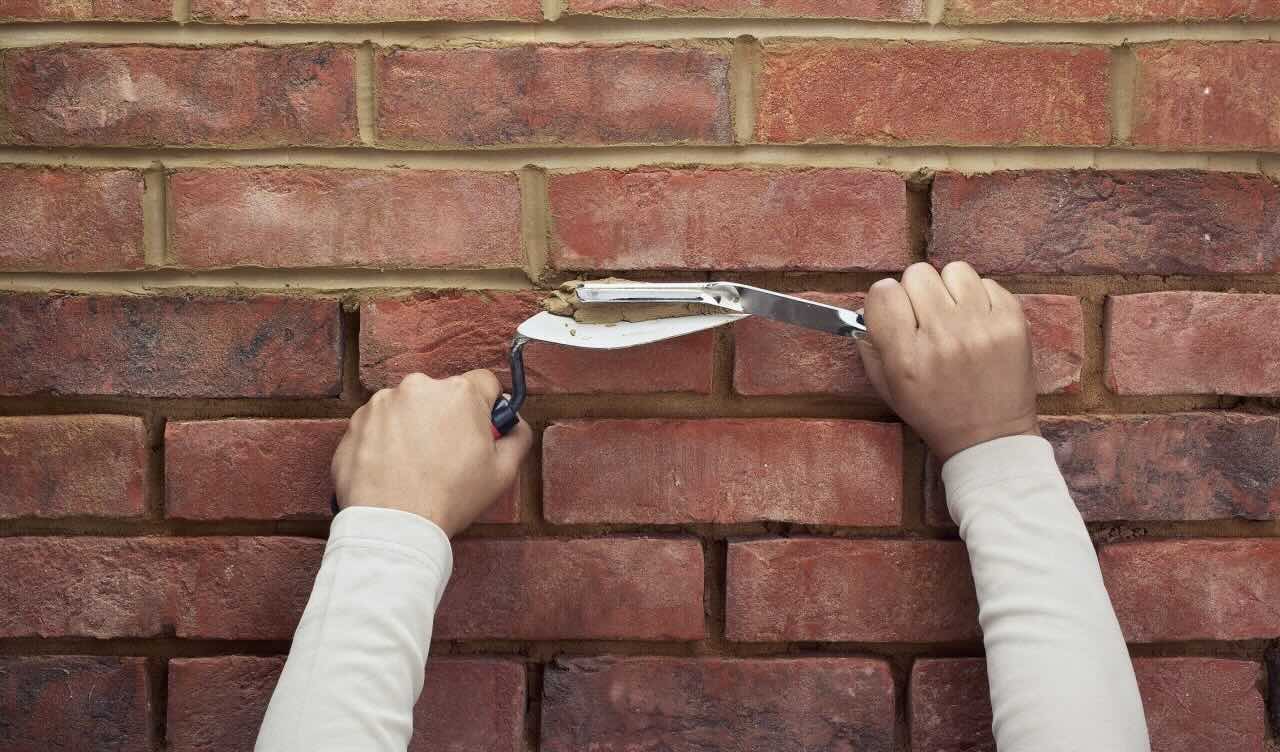
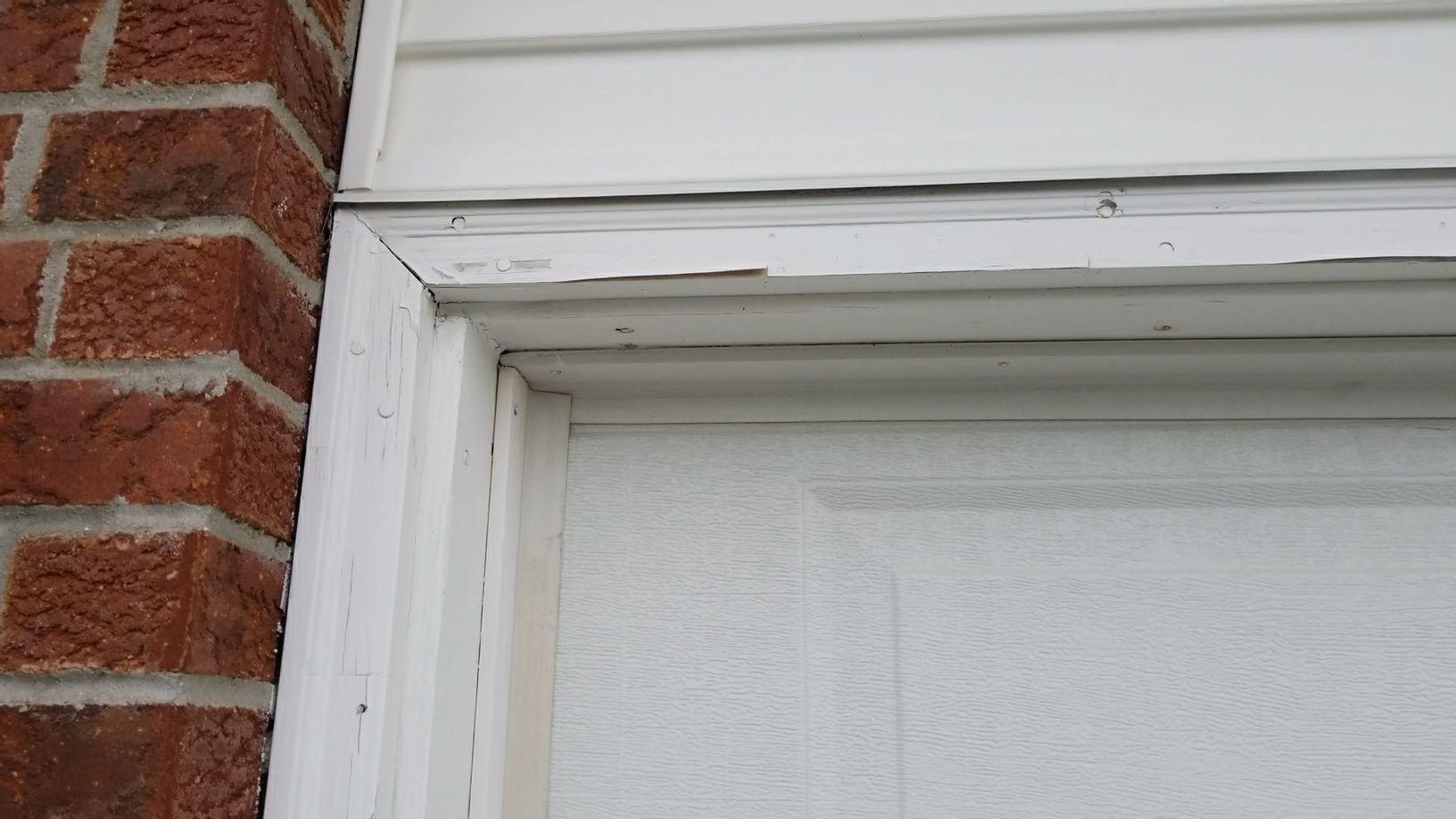
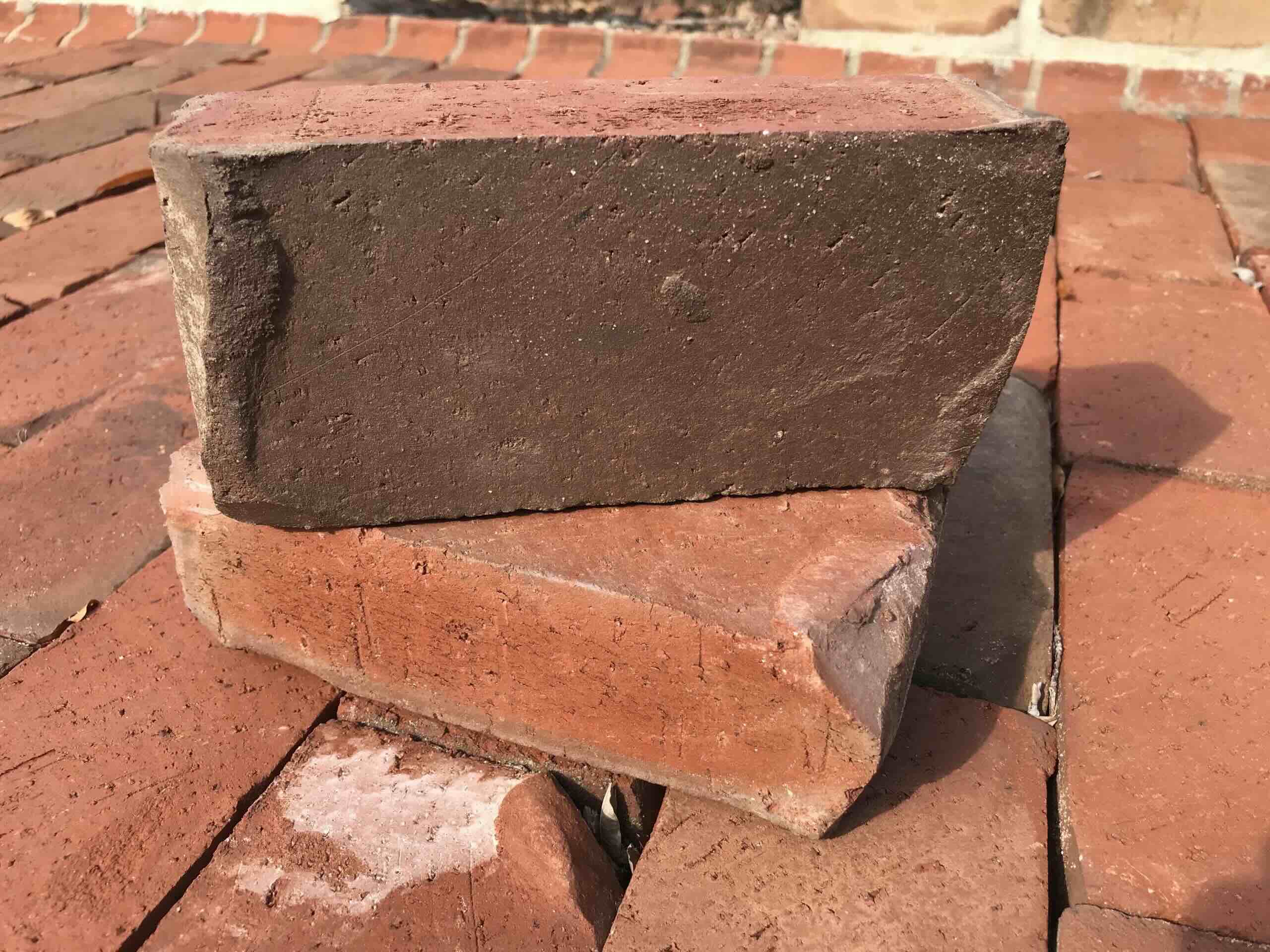
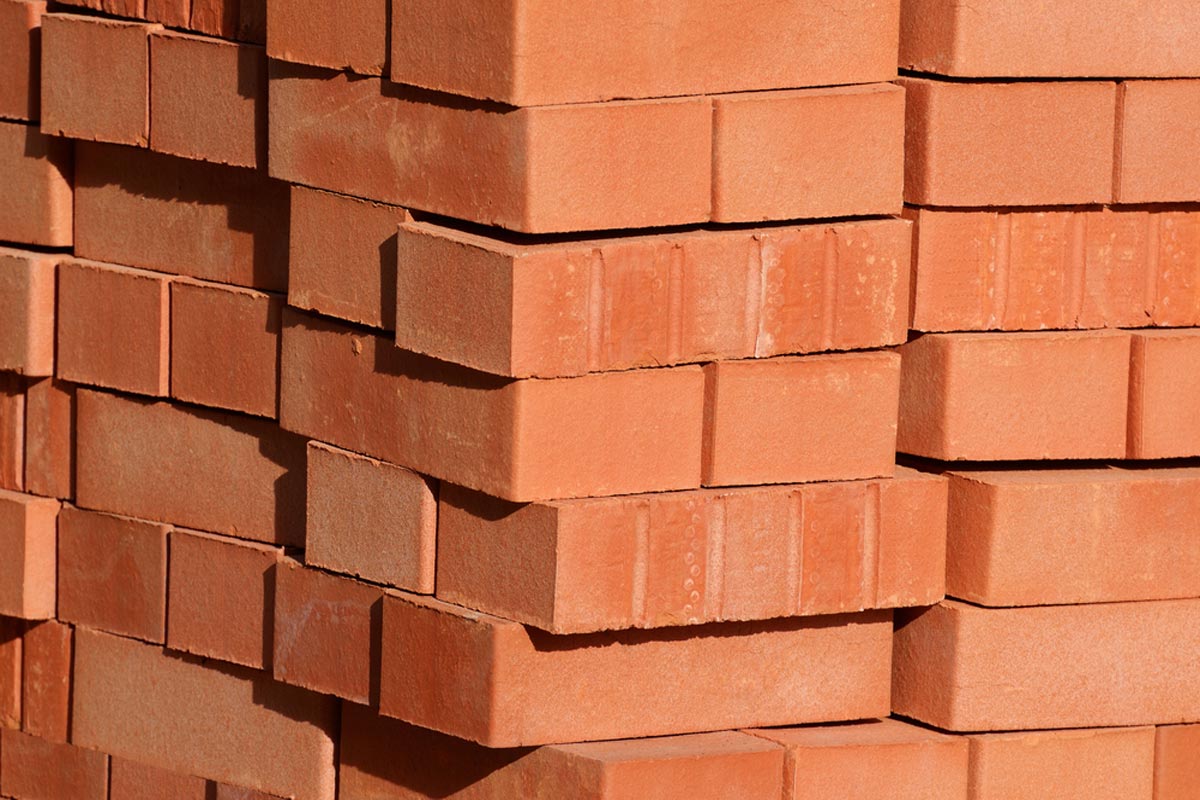
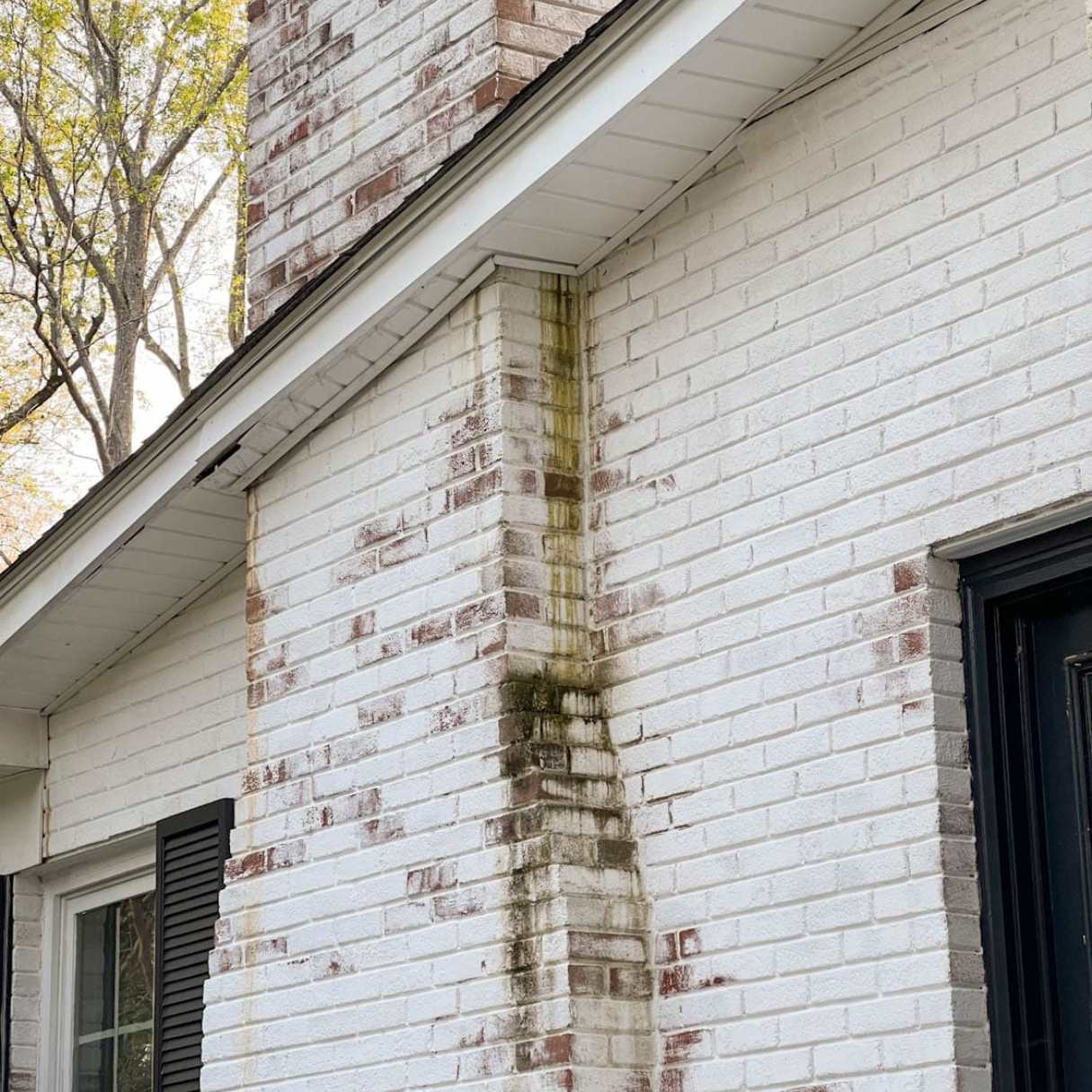
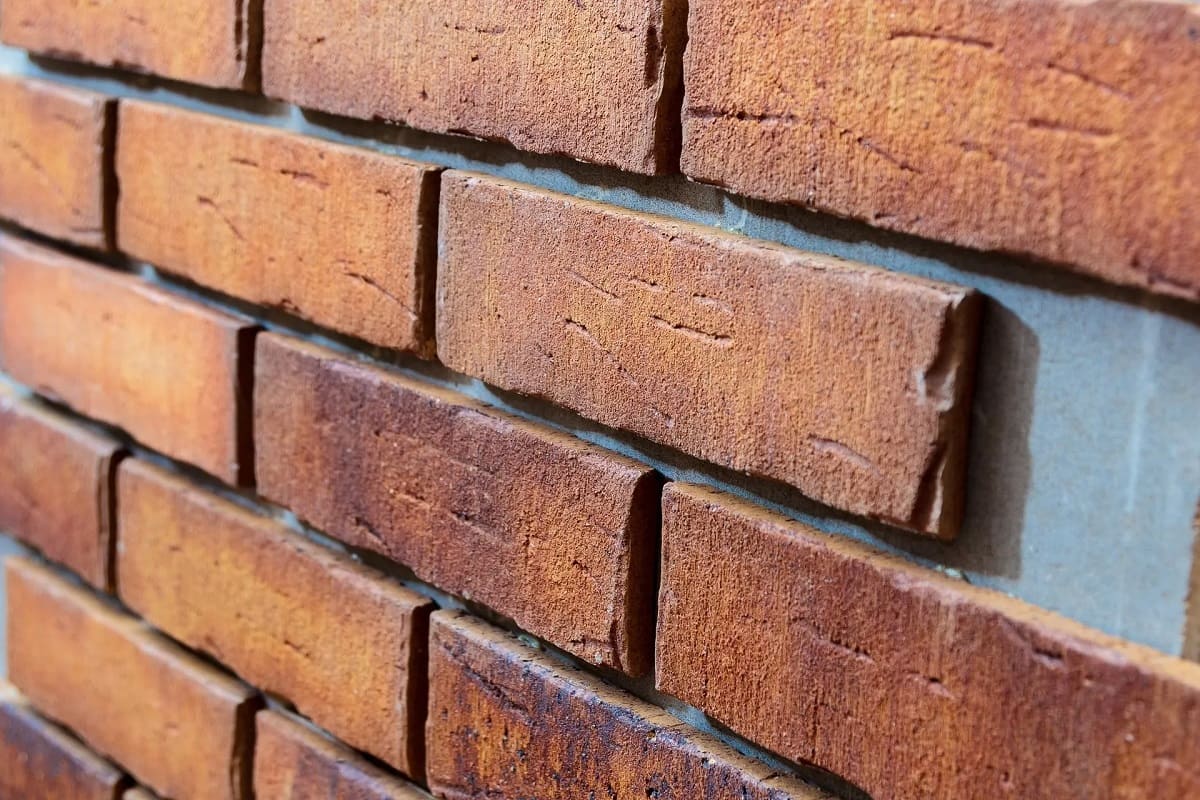
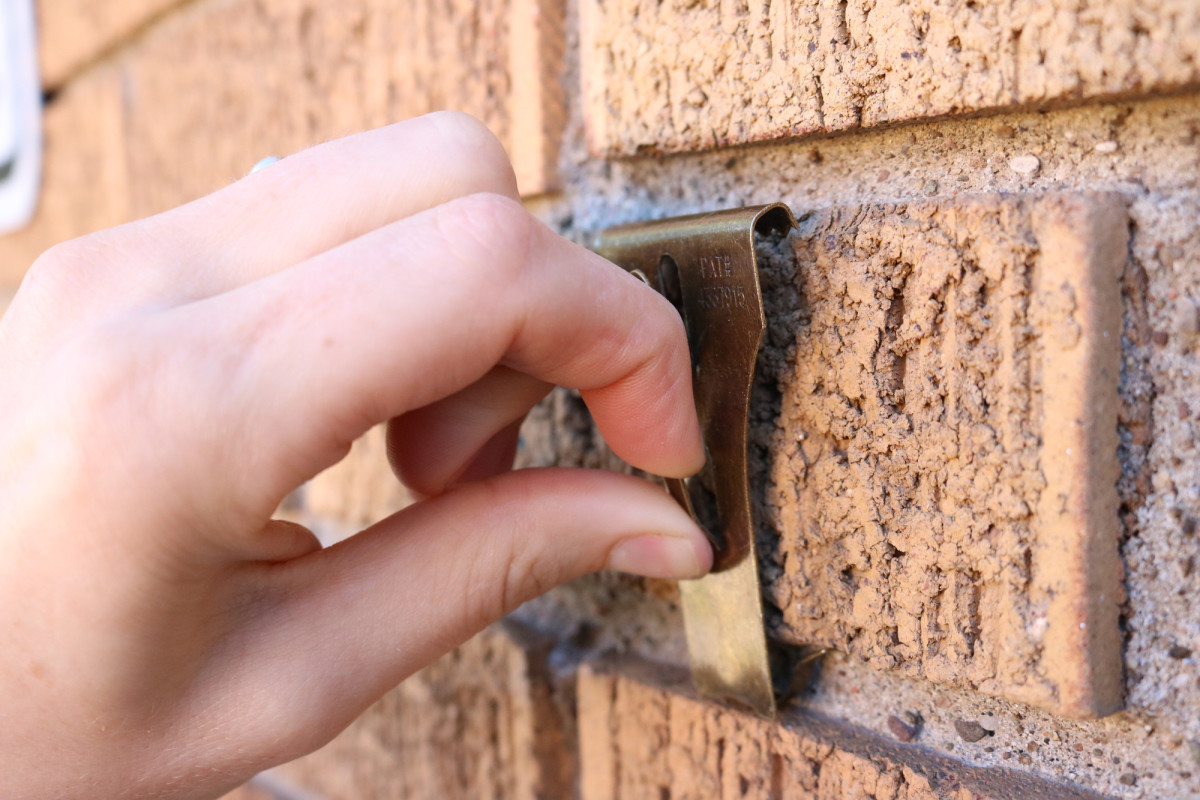

0 thoughts on “What Is A Brick Mason”